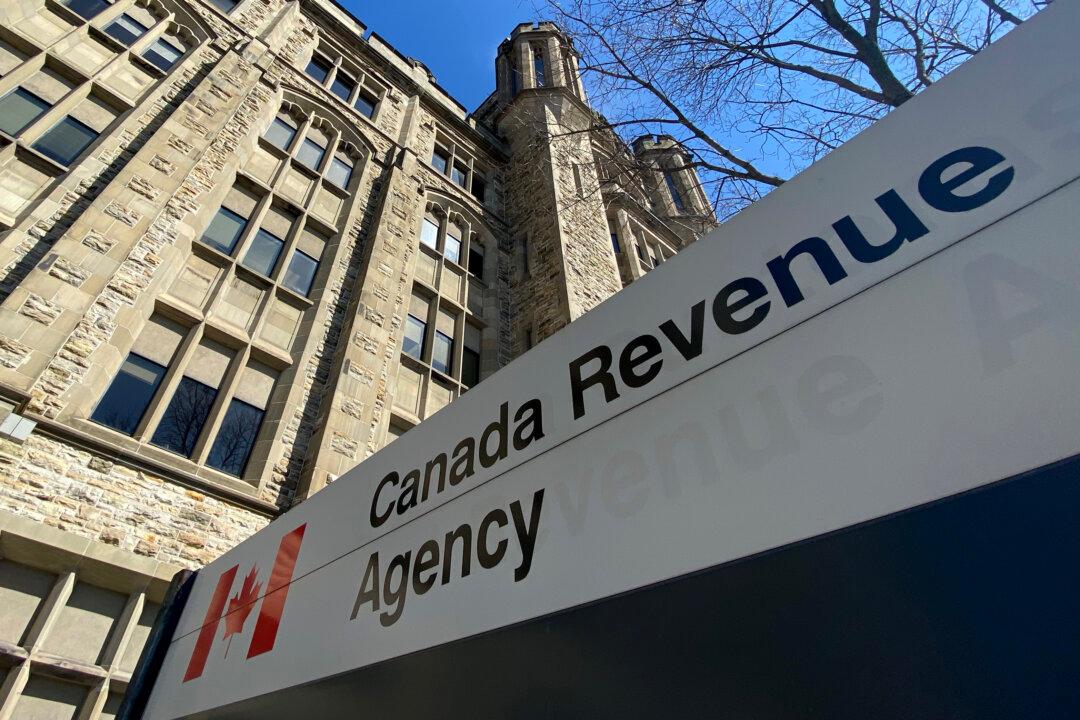Fewer than half of Canadian taxpayers trust a federal proposal to build the biggest electronic database of personal information in the country’s history, according to research by the Canada Revenue Agency (CRA).
“Canadians connected to the workforce are much more likely to be very or somewhat concerned about having their payroll, employment or demographic information stored in a single system operated by the government,” said an agency report “ePayroll Public Opinion Research,” first obtained by Blacklock’s Reporter.





